
This open access Pivot book is a comparative study of six early colonial public libraries in nineteenth-century Australia, South Africa, and Southeast Asia. Drawing on networked conceptualisations of empire, transnational frameworks, and 'new imperial history' paradigms that privilege imbricated colonial and metropolitan 'intercultur...
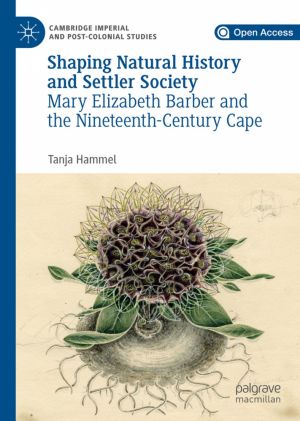
"Hammel successfully illuminates how the production and circulation of Barber's work was deeply affected by contemporary attitudes towards gender and race within the colonial context of the nineteenth-century Cape. This fascinating book is destined to become a landmark in the history of science in South Africa."
—Nigel Penn, Unive...
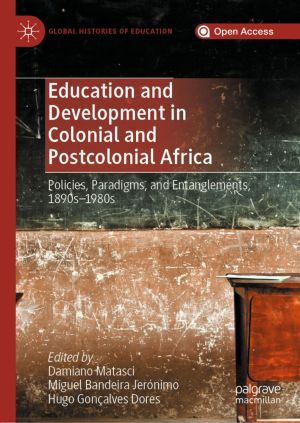
This open access edited volume offers an analysis of the entangled histories of education and development in twentieth-century Africa. It deals with the plurality of actors that competed and collaborated to formulate educational and developmental paradigms and projects: debating their utility and purpose, pondering their necessity and risk, and eva...
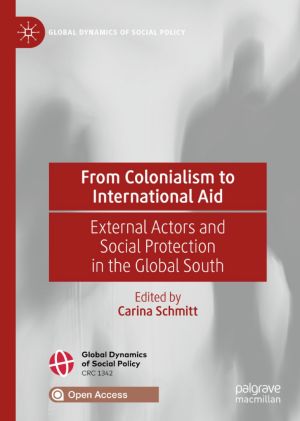
This open volume addresses the role of external actors in social protection in the Global South, from the Second World War until today, analysing the influence of colonial powers, superpowers during the Cold War and contemporary donor agencies.Following an introduction to the analysis of external actors in social policy making in the Global South, ...

In this fascinating collection of essays, an international group of scholars explores the sonic consequences of transcultural contact in the early modern period. They examine how cultural configurations of sound impacted communication, comprehension, and the categorisation of people. Addressing questions of identity, difference, sound, and subjecti...

This open book engages with the response-ability of science education to Indigenous ways-of-living-with-Nature. Higgins deconstructs the ways in which the structures of science education - its concepts, categories, policies, and practices - contribute to the exclusion (or problematic inclusion) of Indigenous science while also shaping its ability r...

In a modern global historical context, scholars have often regarded piracy as an essentially European concept which was inappropriately applied by the expanding European powers to the rest of the world, mainly for the purpose of furthering colonial forms of domination in the economic, political, military, legal and cultural spheres. By contrast, th...
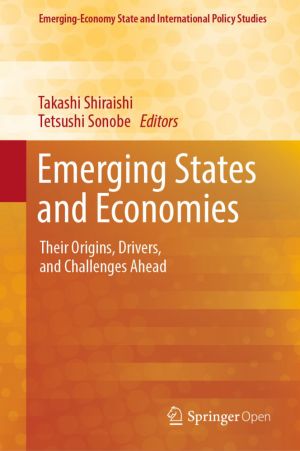
This book asks why and how some of the developing countries have "emerged" under a set of similar global conditions, what led individual countries to choose the particular paths that led to their "emergence," and what challenges confront them. If we are to understand the nature of major risks and uncertainties in the world, we m...
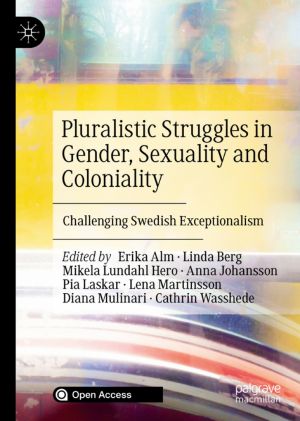
This open access book seeks to understand how politics is being made in a pluralistic sense, and explores how these political struggles are challenging and transforming gender, sexuality, and colonial norms. As researchers located in Sweden, a nation often cited as one of the most gender-equal and LGBTQ-tolerant nations, the contributions investiga...
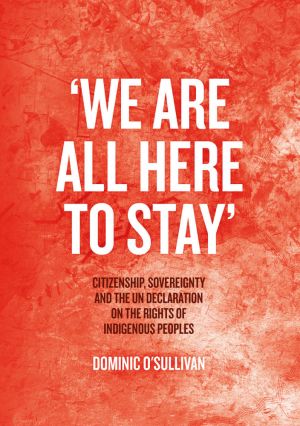
In 2007, 144 UN member states voted to adopt a Declaration on the Rights of Indigenous Peoples. Australia, Canada, New Zealand and the US were the only members to vote against it. Each eventually changed its position. This book explains why and examines what the Declaration could mean for sovereignty, citizenship and democracy in liberal societies ...

This open book crosses disciplinary boundaries to connect theories of environmental justice with Indigenous people's experiences of freshwater management and governance. It traces the history of one freshwater crisis - the degradation of Aotearoa New Zealand's Waipā River - to the settler-colonial acts of ecological dispossession resulti...

This open book, Crisis and Legitimacy in Atlantic American Narratives of Piracy: 1678-1865, examines literary and visual representations of piracy beginning with A.O. Exquemelin's 1678 Buccaneers of America and ending at the onset of the US-American Civil War. Examining both canonical and understudied texts - from Puritan sermons, James Fenimo...

Drawing on Indigenous peoples' struggles against settler colonialism, Theft Is Property! reconstructs the concept of dispossession as a means of explaining how shifting configurations of law, property, race, and rights have functioned as modes of governance, both historically and in the present. Through close analysis of arguments by Indigenou...
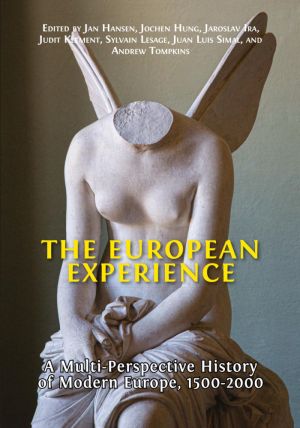
The European Experience brings together the expertise of nearly a hundred historians from eight European universities to internationalise and diversify the study of modern European history, exploring a grand sweep of time from 1500 to 2000. Offering a valuable corrective to the Anglocentric narratives of previous English-language textbooks, scholar...
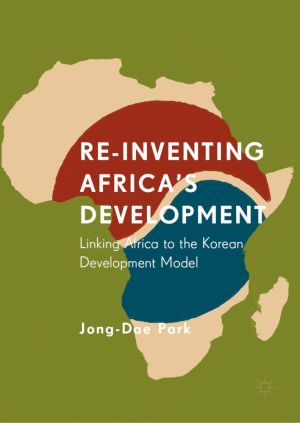
This book analyses the development problems of sub-Sahara Africa (SSA) from the eyes of a Korean diplomat with knowledge of the economic growth Korea has experienced in recent decades. The author argues that Africa's development challenges are not due to a lack of resources but a lack of management, presenting an alternative to the traditional...

This book discusses political, economic, social, and humanitarian challenges that influence both how people deal with their past and how they build their identities in contemporary Europe. Ongoing debates on migration, on local, national, inter- and transnational levels, prove that it is a divisive issue with regards to understanding European integ...

This second volume of ReConFort, published open access, addresses the decisive role of constitutional normativity, and focuses on discourses concerning the legal role of constitutional norms. Taken together with ReConFort I (National Sovereignty), it calls for an innovative reassessment of constitutional history drawing on key categories to convey ...

This book presents a strong philosophical, theoretical and practical argument for the mainstreaming of indigenous knowledge in curricula development, and in teaching and learning across the African continent. Since the dawn of political independence in Africa, there has been an ongoing search for the kind of education that will create a class of pr...
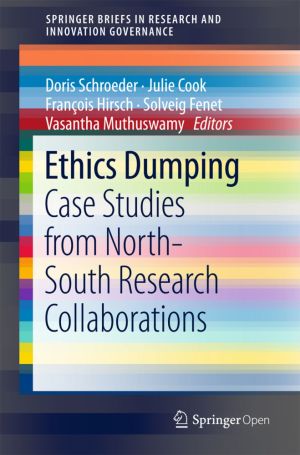
This book provides original, up-to-date case studies of "ethics dumping" that were largely facilitated by loopholes in the ethics governance of low and middle-income countries. It is instructive even to experienced researchers since it provides a voice to vulnerable populations from the forementioned countries. Ensuring the ethical conduc...
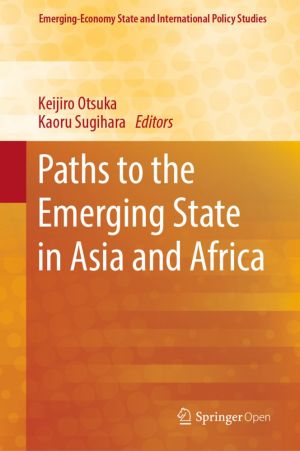
This book addresses the issue of how a country, which was incorporated into the world economy as a periphery, could make a transition to the emerging state, capable of undertaking the task of economic development and industrialization. It offers historical and contemporary case studies of transition, as well as the international background under wh...

This book analyses Iberian expansion by using knowledge accumulated in recent years to test some of the most important theories regarding Europe's economic development. Adopting a comparative perspective, it considers the impact of early globalization on Iberian and Western European institutions, social development and political economies. In ...
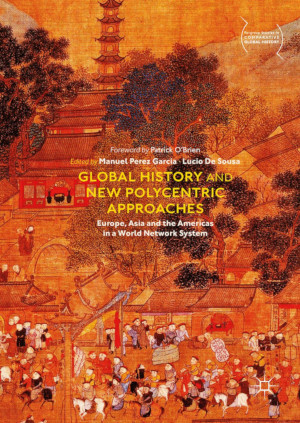
Rethinking the ways global history is envisioned and conceptualized in diverse countries such as China, Japan, Mexico or Spain, this collections considers how global issues are connected with our local and national communities. It examines how the discipline had evolved in various historiographies, from Anglo Saxon to southern European, and its eme...
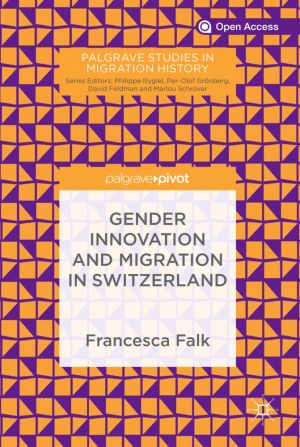
"This highly informative book provides precisely analysed situations highlighting migration's crucial role for emancipatory change and hence socio-political innovation. A so far hidden perspective is being made visible and contributes a highly compelling piece for rewriting Switzerland's history."—Julia Nentwich, Research Inst...
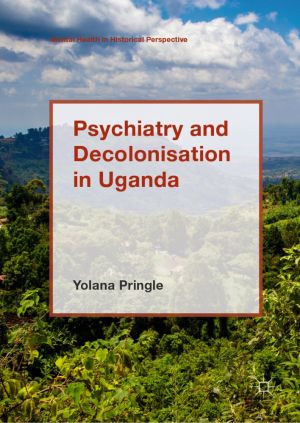
This book investigates psychiatry in Uganda during the years of decolonisation. It examines the challenges facing a new generation of psychiatrists as they took over responsibility for psychiatry at the end of empire, and explores the ways psychiatric practices were tied to shifting political and development priorities, periods of instability, and ...

This book is the first academic study of the post-mortem practice of gibbeting ('hanging in chains'), since the nineteenth century. Gibbeting involved placing the executed body of a malefactor in an iron cage and suspending it from a tall post. A body might remain in the gibbet for many decades, while it gradually fell to pieces. Hanging ...
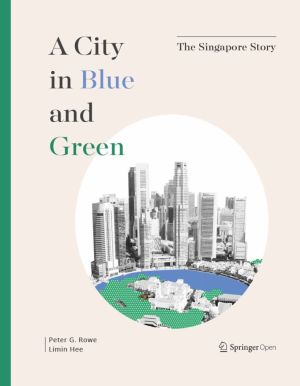
This book highlights Singapore's development into a city in which water and greenery, along with associated environmental, technical, social and political aspects have been harnessed and cultivated into a liveable sustainable way of life. It is also a story about a unique and thoroughgoing approach to large-scale and potentially transferable w...
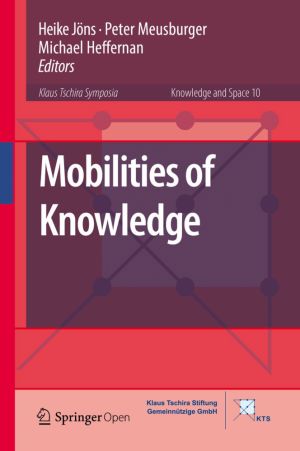
This collection of essays examines how spatial mobilities of people and practices, technologies and objects, knowledge and ideas have shaped the production, circulation, and transfer of knowledge in different historical and geographical contexts. Targeting an interdisciplinary audience, Mobilities of Knowledge combines detailed empirical analyses w...

This free book discusses the relationship between periodicals, tourism, and nation-building in Mexico. It enquires into how magazines, a staple form of the promotional apparatus of tourism since its inception, articulated an imaginative geography of Mexico at a time when that industry became a critical means of economic recovery and political stabi...

This open access book explores the histories and geographies of fishing in North Korea and the surrounding nations. With the ideological and environmental history of North Korea in mind, the book examines the complex interactions between local communities, fish themselves, wider ecosystems and the politics of Pyongyang through the lens of critical ...
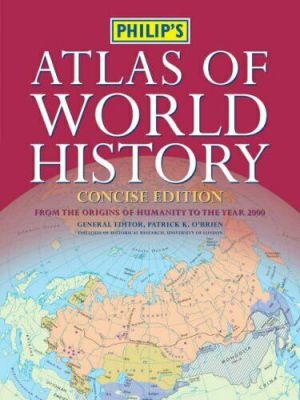
There could be no more opportune time than the start of the third millennium AD to produce an entirely new atlas of world history. Not only does this symbolic (if arbitrary) moment provoke a mood of public retrospection, but the pace of global change itself demands a greater awareness of "whole world" history.
More than 20 years have p...
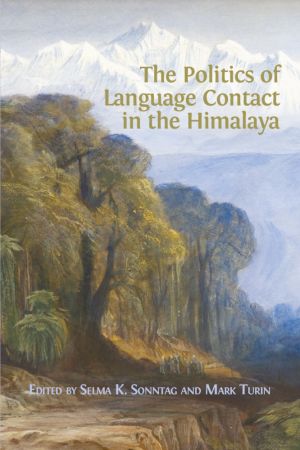
This highly original and timely collection brings together case studies from salient areas of the Himalayan region to explore the politics of language contact. Promoting a linguistically and historically grounded perspective, The Politics of Language Contact in the Himalaya offers nuanced insights into language and its relation to power in this geo...

Examining materials from early modern and contemporary North India and Pakistan, Tellings and Texts brings together seventeen first-rate papers on the relations between written and oral texts, their performance, and the musical traditions these performances have entailed. The contributions from some of the best scholars in the field cover a wide ra...
